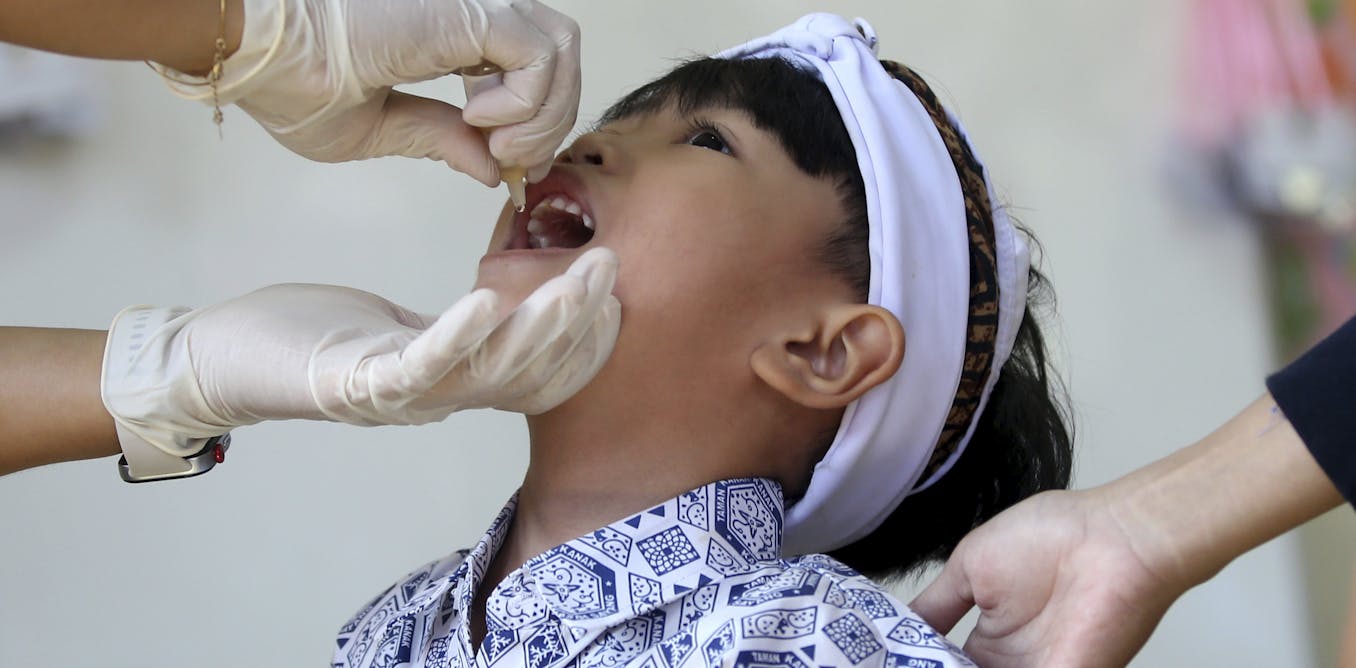It’s World Immunization Week. How prepared is Canada if vaccines are needed for a new pandemic?

The Future of Immunization: Ensuring Equitable Access and Public Trust in Canada
The Power and Promise of Vaccines
Vaccines stand as one of public health's most remarkable achievements. Over the past 50 years, they've saved over 154 million lives globally, playing a crucial role in eradicating smallpox, dramatically reducing polio cases, and significantly lowering infant mortality rates. These lifesaving interventions underpin numerous UN Sustainable Development Goals, highlighting their vital role in global health and well-being.
Challenges to Vaccine Uptake in Canada
Despite Canada's robust public health infrastructure and universal healthcare, recent trends reveal concerning challenges to vaccine uptake. Declining vaccine confidence, exacerbated by the COVID-19 pandemic, alongside access issues and the politicization of vaccines, have contributed to reduced vaccination rates.
This decline has tangible consequences. The 2024 measles outbreak in Ontario, resulting in over 800 cases and numerous hospitalizations, underscores the real-world impact of vaccine hesitancy. Furthermore, the cost of COVID-19 misinformation, estimated at over $300 million and thousands of lives lost, serves as a stark reminder of the importance of accurate information and public trust.
Preparing for Future Pandemics: Lessons from COVID-19 and Beyond
The looming threat of new pandemics, such as highly pathogenic avian influenza (H5N1), emphasizes the critical need for robust vaccine research, development, and public health infrastructure. The concerning trends in other countries, including the dismantling of public health programs and the spread of anti-vaccine rhetoric, underscore the importance of Canada's proactive approach.
Canada's Chief Public Health Officer, Theresa Tam, has laid out a framework for optimizing vaccination in Canada. This includes substantial investments in vaccine development and biomanufacturing, a more coordinated national immunization system, and dedicated efforts to bolster public trust and equitable access.
The Urgent Need for a National Immunization Registry
Canada's fragmented immunization data system poses a significant challenge to effective vaccine rollout, identification of coverage gaps, and timely tracking of adverse events. A comprehensive, harmonized national immunization registry is crucial for a modern, responsive system, allowing for data-driven decision-making in real time.
Building and Maintaining Public Trust
Public trust in science, government, and public health is the cornerstone of successful vaccination programs. Addressing concerns about transparency in vaccine development, regulation, and monitoring of adverse reactions is essential. Open communication and engagement about scientific advancements are vital for fostering public understanding and confidence.
The increasing prevalence of vaccine misinformation necessitates proactive strategies to counter its spread and promote evidence-based information. A harmonized vaccine schedule can also contribute to building public trust and simplifying the vaccination process.
Centering Equity in Vaccine Access and Design
The COVID-19 pandemic exposed the impact of structural inequalities on vaccine access. Successful initiatives implemented during the pandemic, such as mobile clinics, culturally adapted information, and community-led programs, offer valuable lessons for improving equitable access to routine vaccinations.
An "equity by design" approach, considering factors like cold chain maintenance and delivery methods, is crucial to ensure that logistical barriers do not exacerbate disparities in vaccine access.
Bridging Research and Community Engagement
The Bridge Research Consortium (BRC) is a multidisciplinary team dedicated to understanding the social and behavioral factors influencing vaccine uptake. By bridging the gap between vaccine development and public health implementation, the BRC supports tailored, equity-informed strategies to enhance public trust and access.
Through community engagement, deliberative dialogues, and educational initiatives, the BRC aims to address concerns, build trust, and co-develop culturally appropriate approaches to vaccination.
The Importance of World Immunization Week
World Immunization Week serves as a powerful reminder of the ongoing importance of vaccines in protecting public health. By prioritizing equitable access, building public trust, and investing in research and infrastructure, Canada can harness the full potential of vaccines to safeguard the health and well-being of its population.